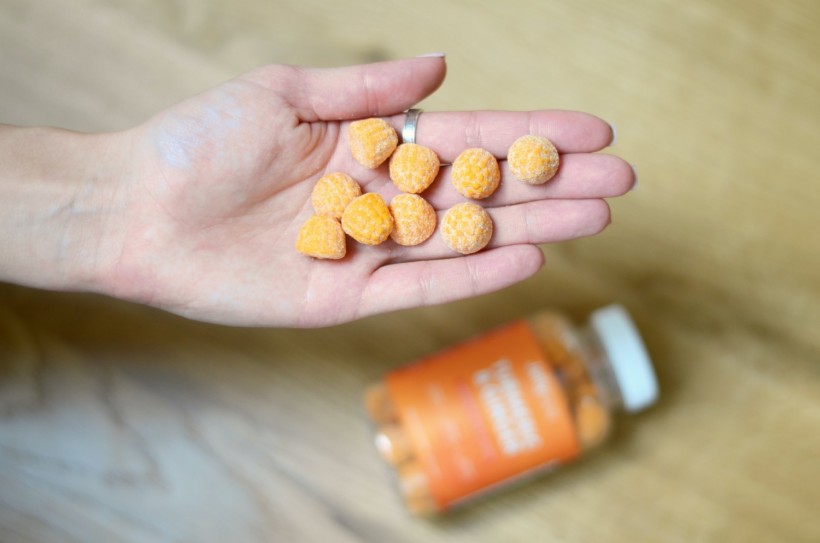
New research suggests that consumers of over-the-counter (OTC) melatonin for sleep improvement may be receiving more or less of the medicine than they expect.
Scientists from the Cambridge Health Alliance and the University of Mississippi analyzed 25 gummy supplements claiming to contain melatonin and discovered that 22 of them had significantly different levels than what was claimed on the label.
The study was published in the journal JAMA earlier this week.
22 of 25 Products Had Incorrect Labels
The actual melatonin content of the 22 products tested varied from 74% to 247% of the stated level. One sample had absolutely no melatonin. According to Time, this did not surprise the study's lead author, Dr. Pieter Cohen, an associate professor at Harvard Medical School and an internist at Cambridge Health Alliance.
Although melatonin supplements have been around for a while and are thought to be relatively safe, the US Food and Drug Administration (FDA) does not monitor supplements to the same extent as it does OTC medications.
Dr. Cohen said manufacturers of dietary supplements do not need to prove anything to the agency, so they do whatever they want to do when it comes to quantities. Obviously, making less of an effort to ensure quality helps keep production costs down.
See Also: Local Pharmacies Suffering From Prolonged Adderall Shortages
Youngsters' Melatonin Intake
After a 2022 research indicated that children's melatonin intake calls to US poison-control centers increased more than 500% from 2012 to 2021, Dr. Cohen examined melatonin gummies. He claims that most of these calls were from inadvertent drug overdoses caused by children who mistook these gummies for sweets.
Nearly 20% of poison-control callers described gastrointestinal discomfort, cardiovascular issues, and more symptoms, yet most youngsters were okay. Although around 10% of US parents have at least one kid who takes melatonin, the supplement's safety and efficacy have not been well investigated in children.
Previous studies have also shown a wide range in the amount of melatonin detected in supplements.
According to a 2017 investigation conducted in Canada, several OTC supplements presumably distributed in the US at the time were discovered to have melatonin levels that were mislabeled by at least 10%. Dr. Cohen thinks the under-regulated supplement business in the US gives manufacturers little reason to make changes.
Beyond the Body's Capacity
Since the brain produces melatonin and secretes it when it becomes dark, marketers offering melatonin supplements typically emphasize that the boost offered by the pill is "natural." But Dr. Cohen believes that the real dosages of many of them are significantly higher than what the body can produce on its own.
"What we know is that if you give a 20-year-old adult a very small amount of melatonin in the morning-like a 10th of a milligram or three 10ths of a milligram-it raises their levels up to the normal nighttime levels," Dr. Cohen explains. Notably, common supplements advertise that each serving size contains five to ten milligrams.
Dr. Cohen cautions not to use too much melatonin whether you have used it before or intend to try it. Although melatonin may be helpful, you should try improving your sleep hygiene first to see if it makes a difference.
See Also: This Affordable Morning-After Drug May Combat Rising STD Cases








